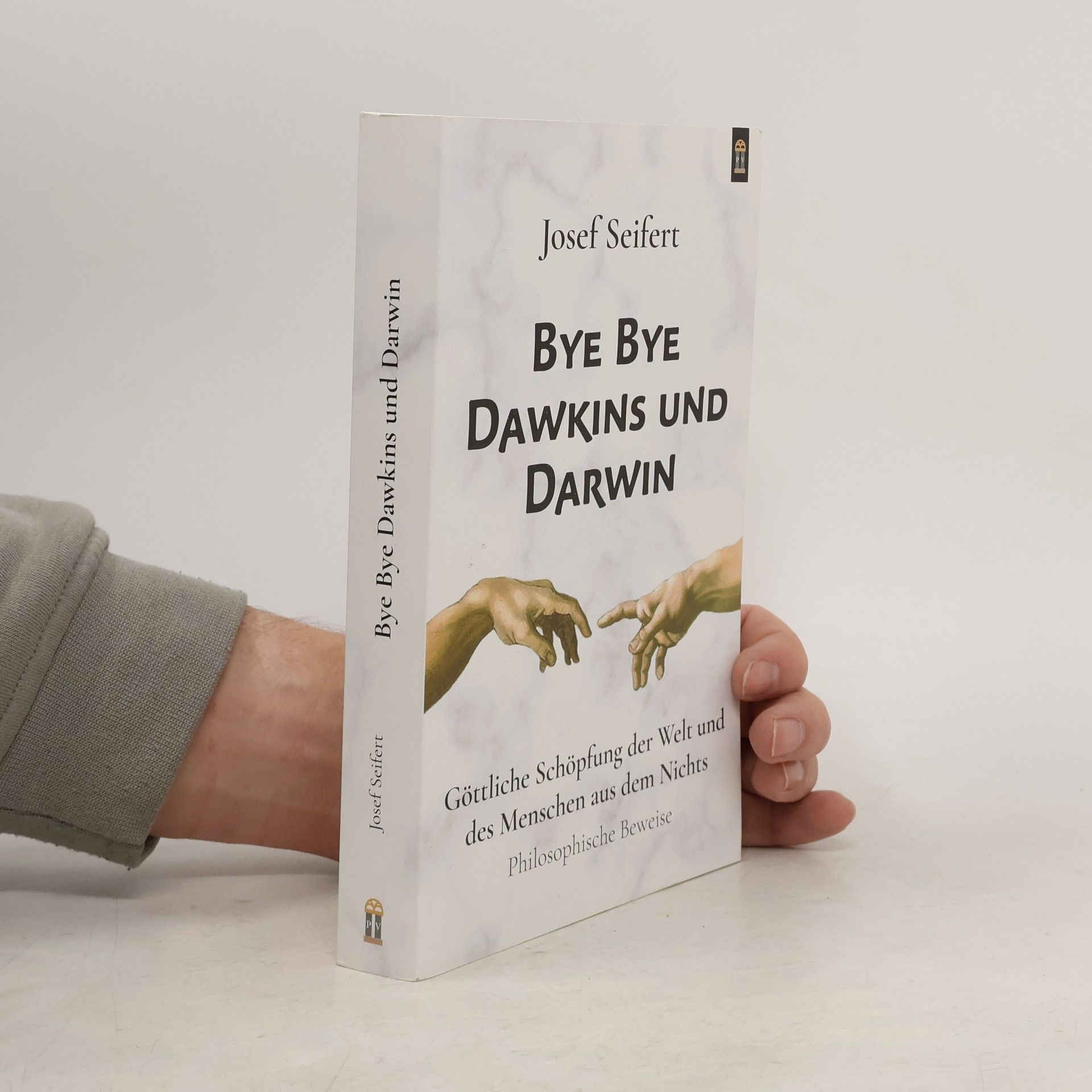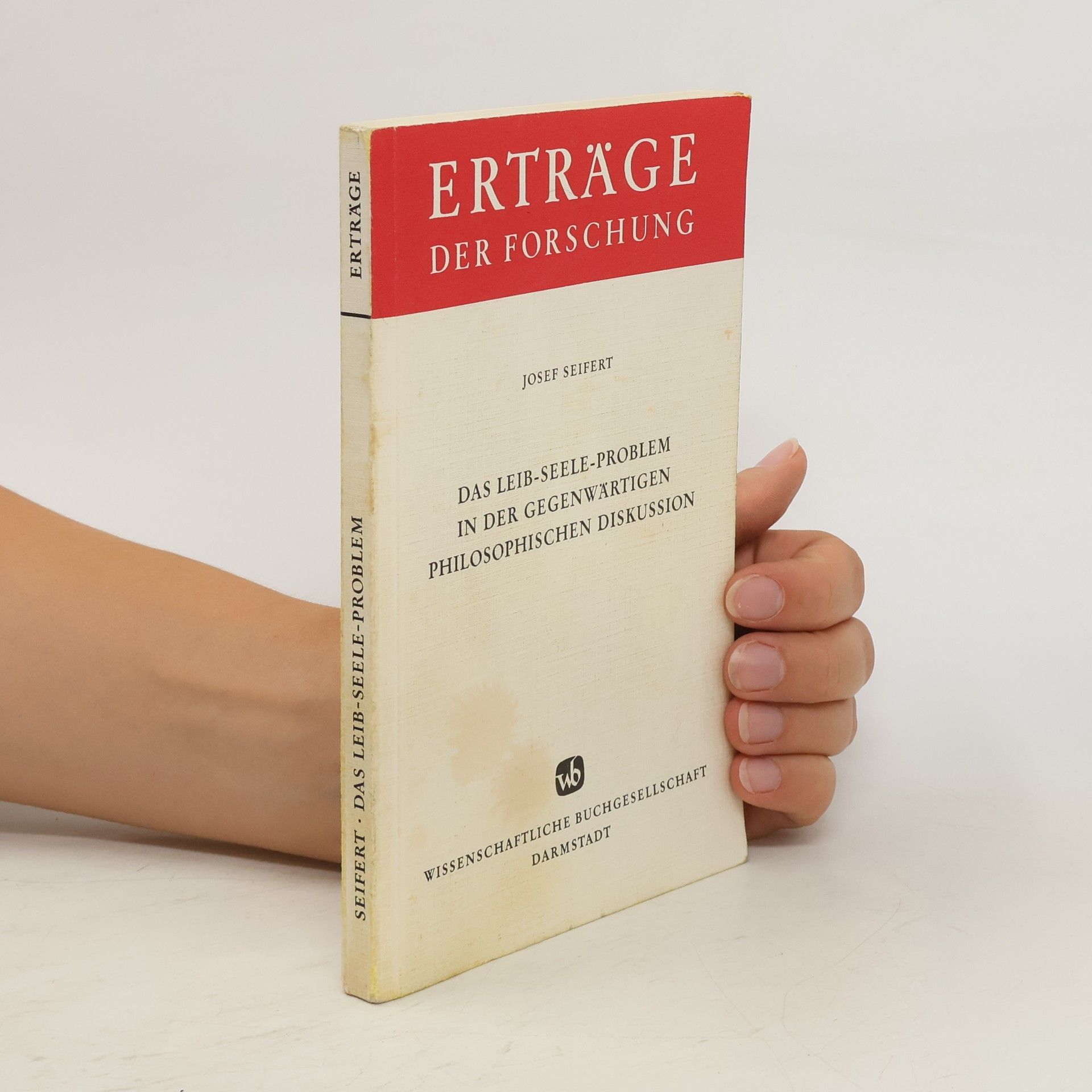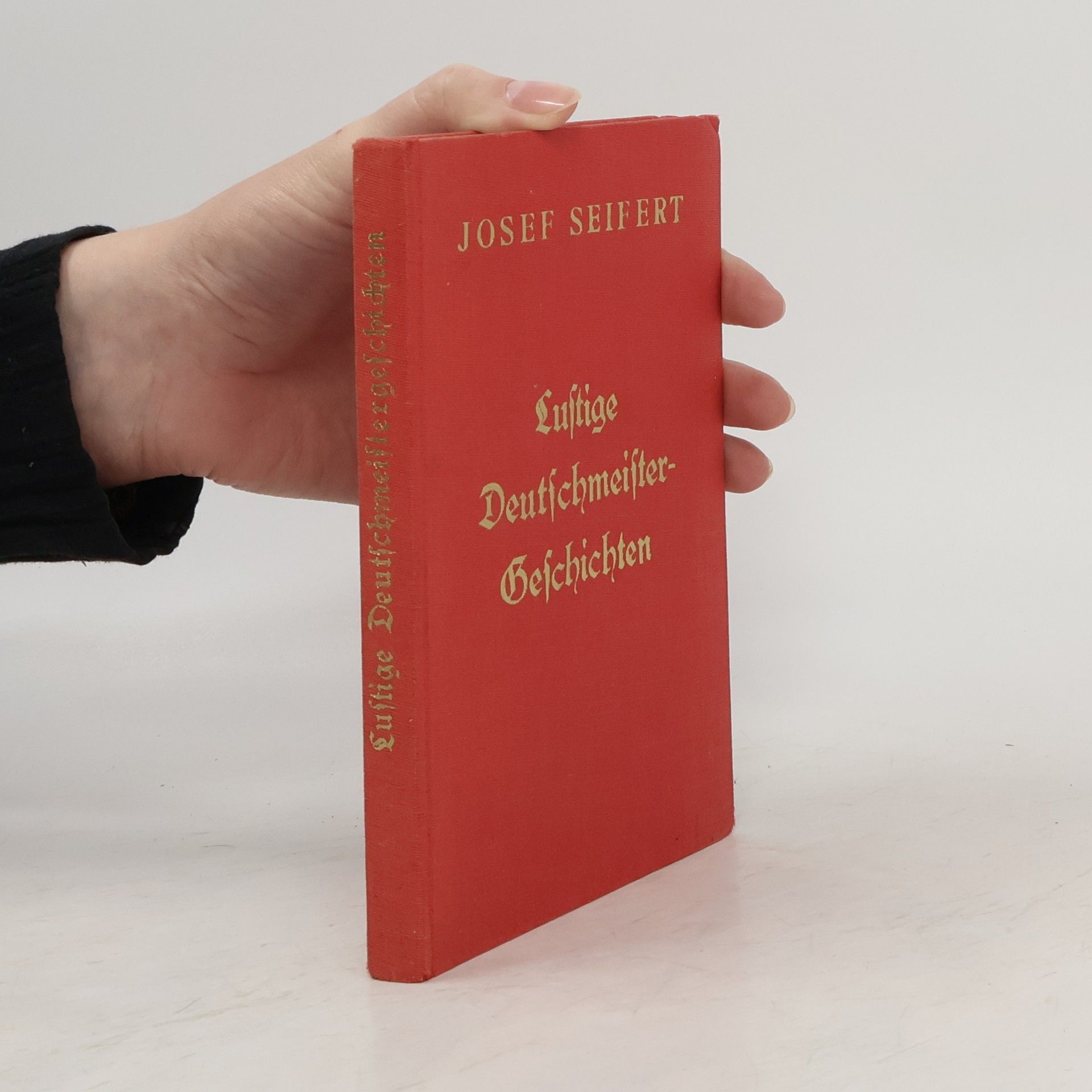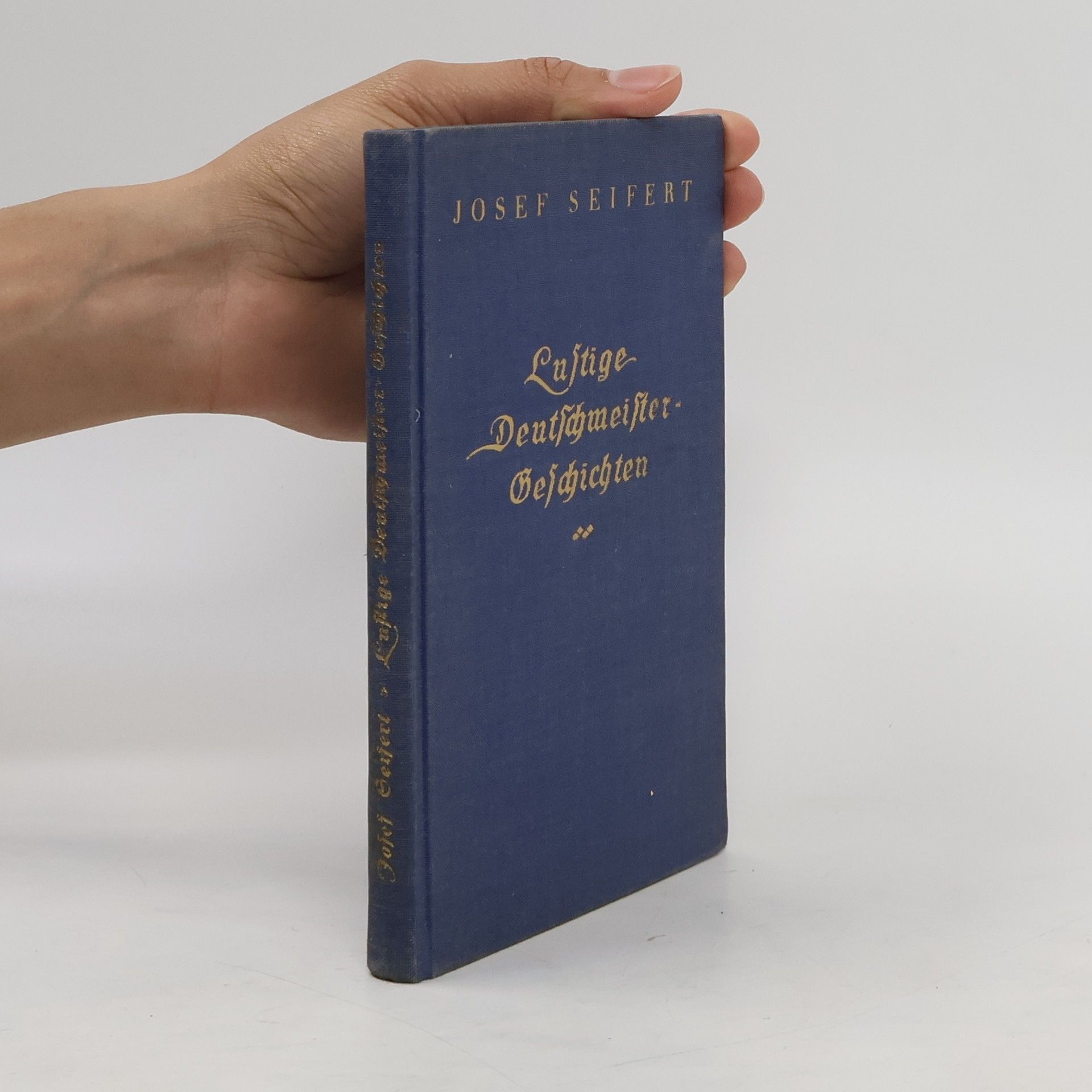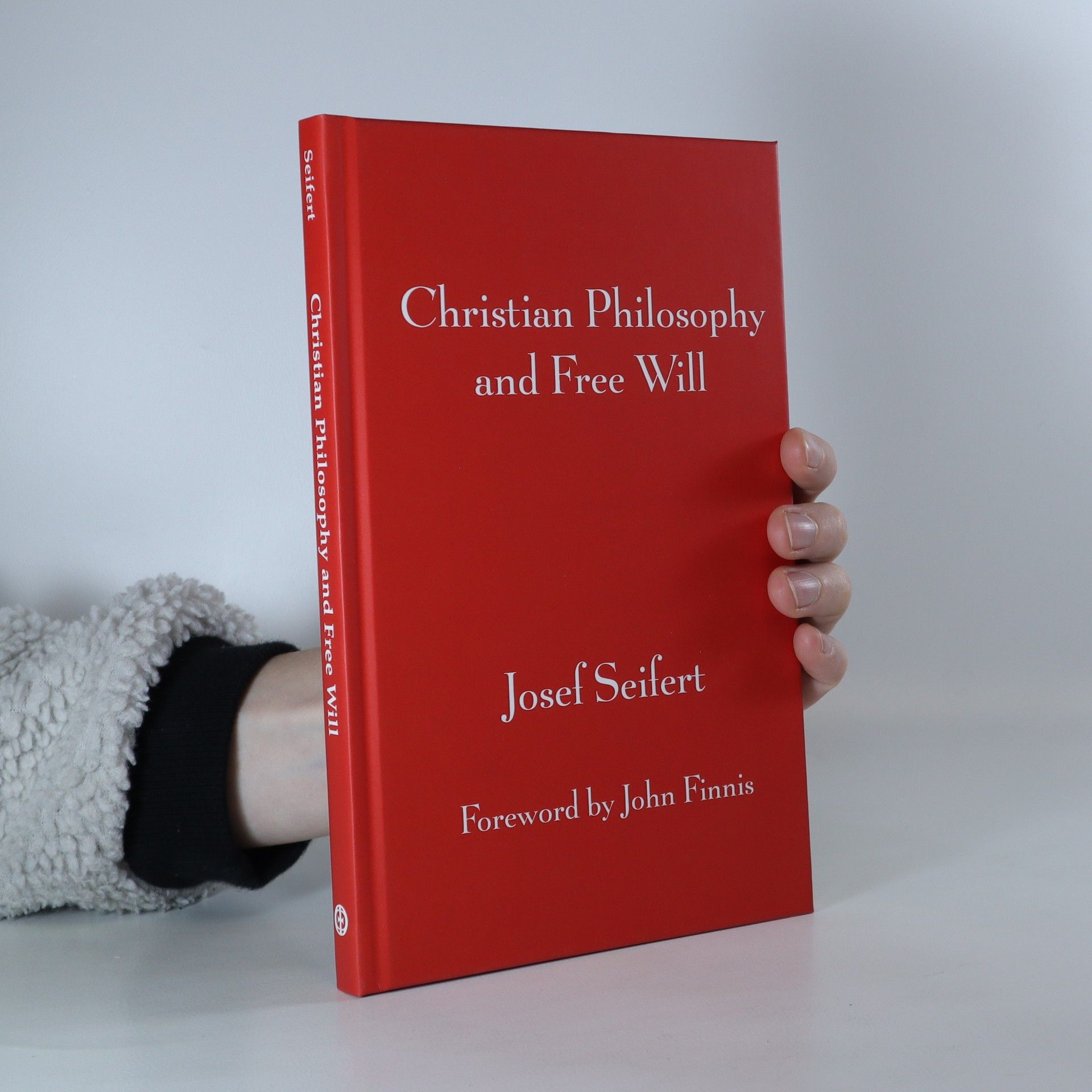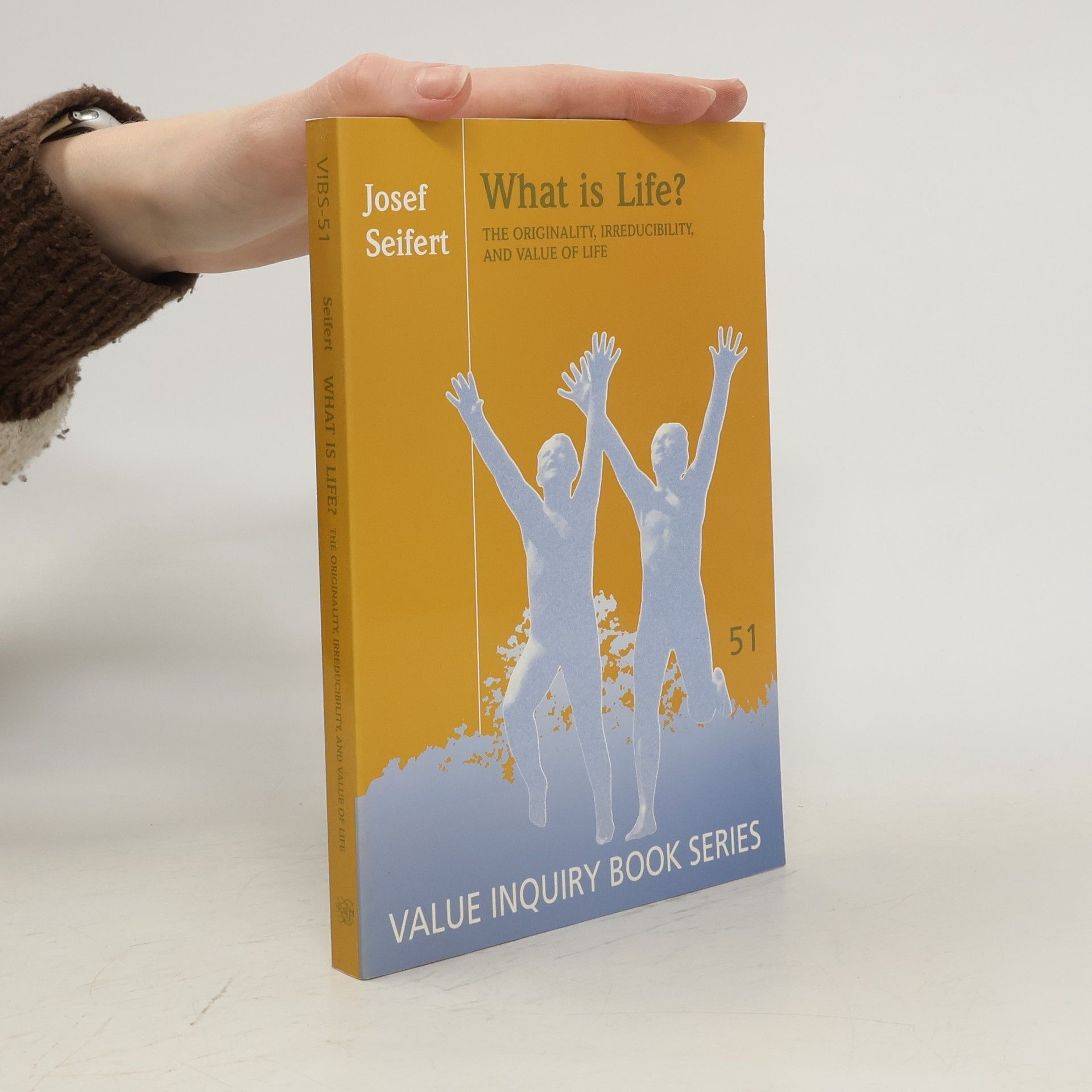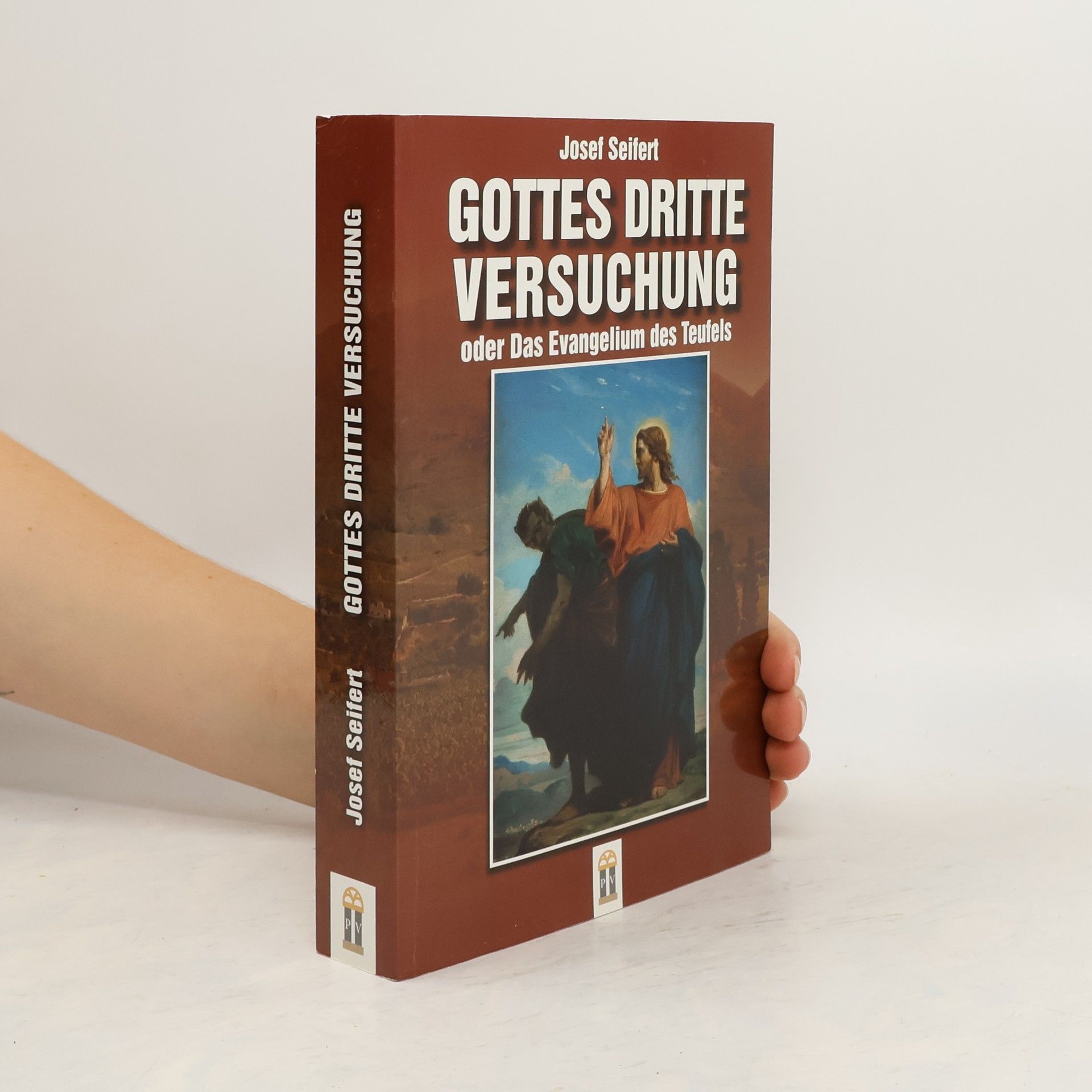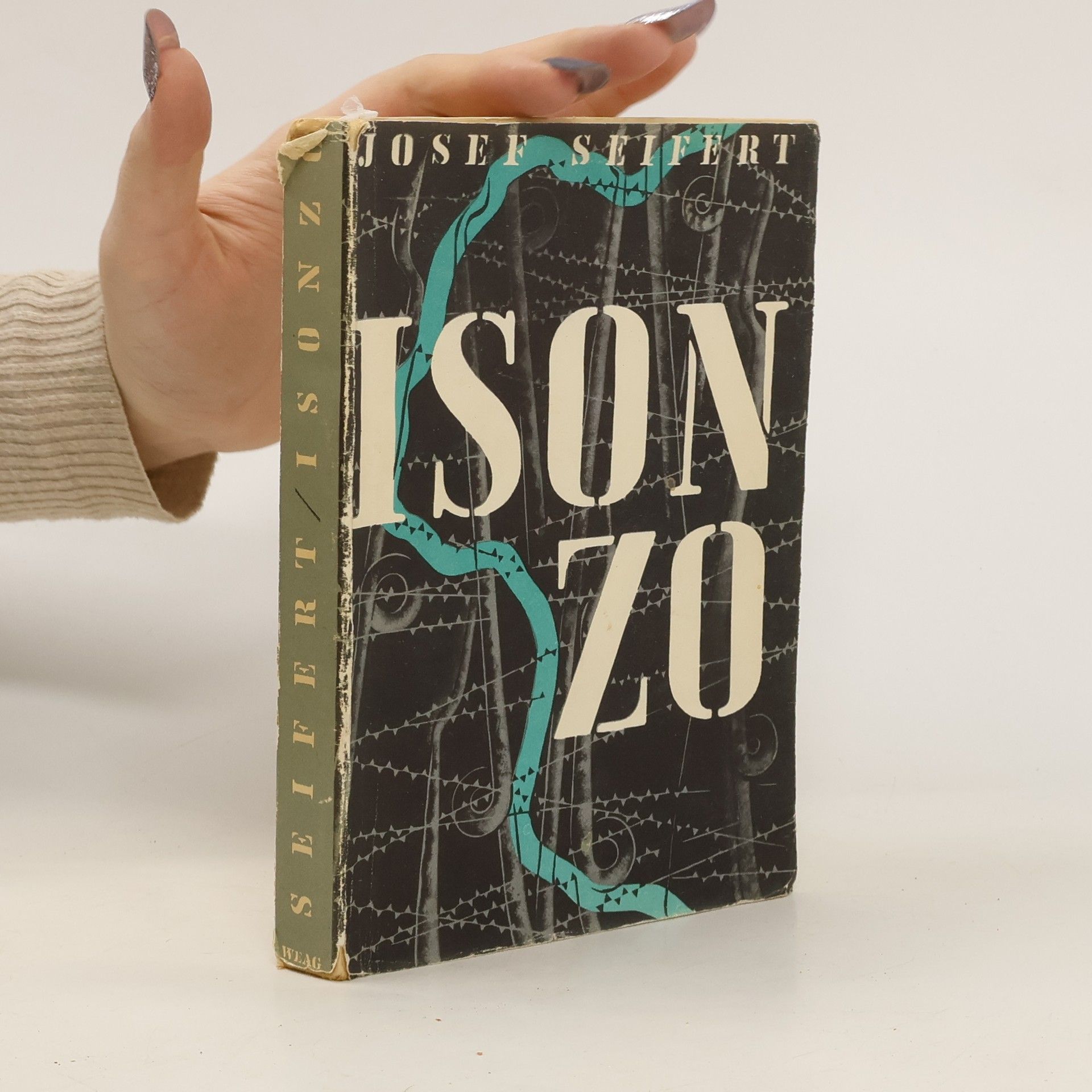What is life?
- 192 pages
- 7 hours of reading
This book makes four bold 1) life is an ultimate datum, open to philosophical analysis and irreducible to physical reality; hence all materialist-reductionist explanations - most current theories - of life are false. 2) All life presupposes soul ( entelechy ) without which a being would at best fake life. 3) The concept of life is analogous and the most direct access to life in its irreducibility is gained through consciousness; 4) All life possesses an objective and intrinsic value that needs to be respected, human life possesses beyond this an inviolable dignity. Life and personal life are pure perfections, it being absolutely better to possess (personal) life than not to possess it.Chapter 1: the metaphysical essence and the many meanings of 'life,' as well as its 'transcendental' character. Chapter 2: the irreducibility of biological life , its amazing empirical and philosophically intelligible essential features, and the ways of knowing them. Chapter 3: the immediate evidence and indubitable givenness of mental, conscious life as well as questions of (brain-) death and immortality. Chapter 4: the inviolable objective dignity of personal life and its self-transcendence; a new theory of the fourfold source of human dignity and rights. Chapter 5 (in dialogue-form): methods and results of philosophy versus those of empirical life-sciences.
